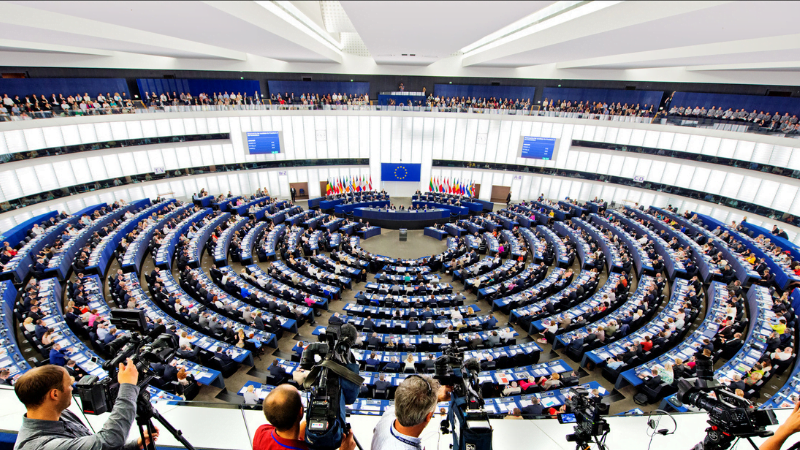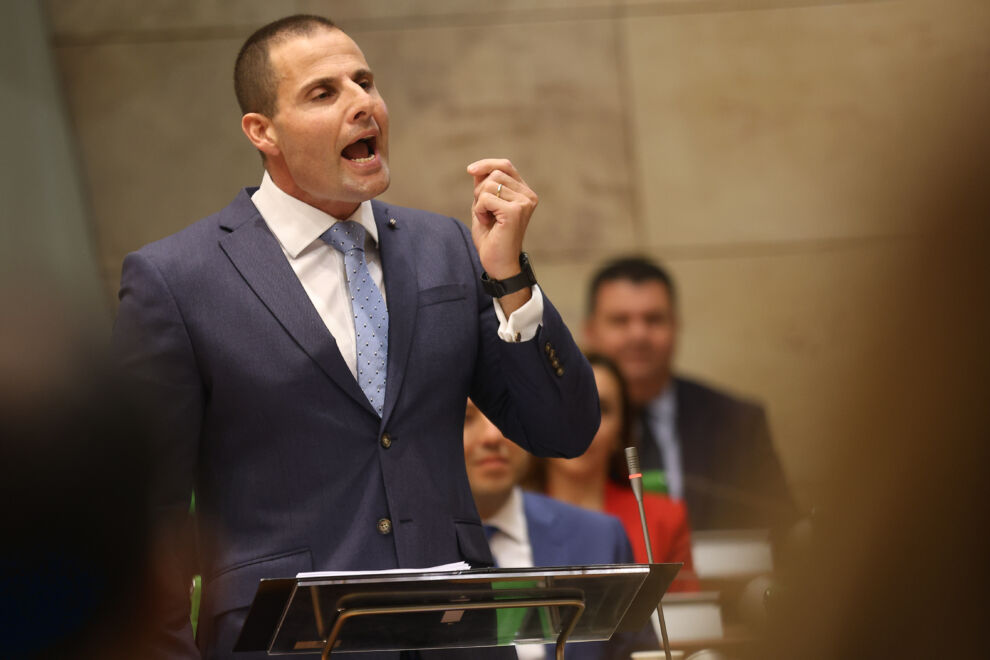The European Parliament has given its final approval for the European Anti-SLAPP Directive, in a landmark decision aimed at improving journalists’ safety and working environments across the EU.
The directive, informally known as Daphne’s Law in honour of assassinated journalist Daphne Caruana Galizia, targets Strategic Lawsuits Against Public Participation (SLAPPs), which are vexatious lawsuits intended to harass or intimidate journalists and newsrooms into silence by crippling them financially.
While the directive can only legally apply to cases that cross national borders, its approval was accompanied by a recommendation for its provisions to also apply in purely domestic cases.
In comments to The Shift upon its approval, MEP David Casa, who was the first to campaign for such a directive in 2018, said it was “now very important to make sure that once EU states transpose the directive into national law, they also make similar provisions for SLAPP cases which occur domestically.”
In a statement on Tuesday, Casa said the initial hurdle for the directive was “finding a legal basis that would empower the EU to legislate” it.
“The EU could only go so far, and the directive primarily caters to cases with a cross-border element… This is why, together with the Directive, the Commission also issued a Recommendation which makes it clear that the provisions of the Directive should also be applied to purely domestic cases,” he said.
This year, the Coalition Against SLAPPs in Europe found that out of 47 countries analysed, Malta had by far the worst rate of SLAPP cases per capita. This was the topic of a conference held by The Shift in October.
The ranking was largely due to the government’s multiple court challenges against 40 freedom of information requests filed by The Shift. Malta was crowned SLAPP Country of the Year by CASE.
Besides targeting SLAPPs within the EU, “the directive also allows for the non enforcement of such suits when they originate from non-EU countries, such as the US or UK, often chosen for their exorbitant legal fees,” Casa added.














I would bet that it will be ignored and buried here by the philistines who dominate law making here.